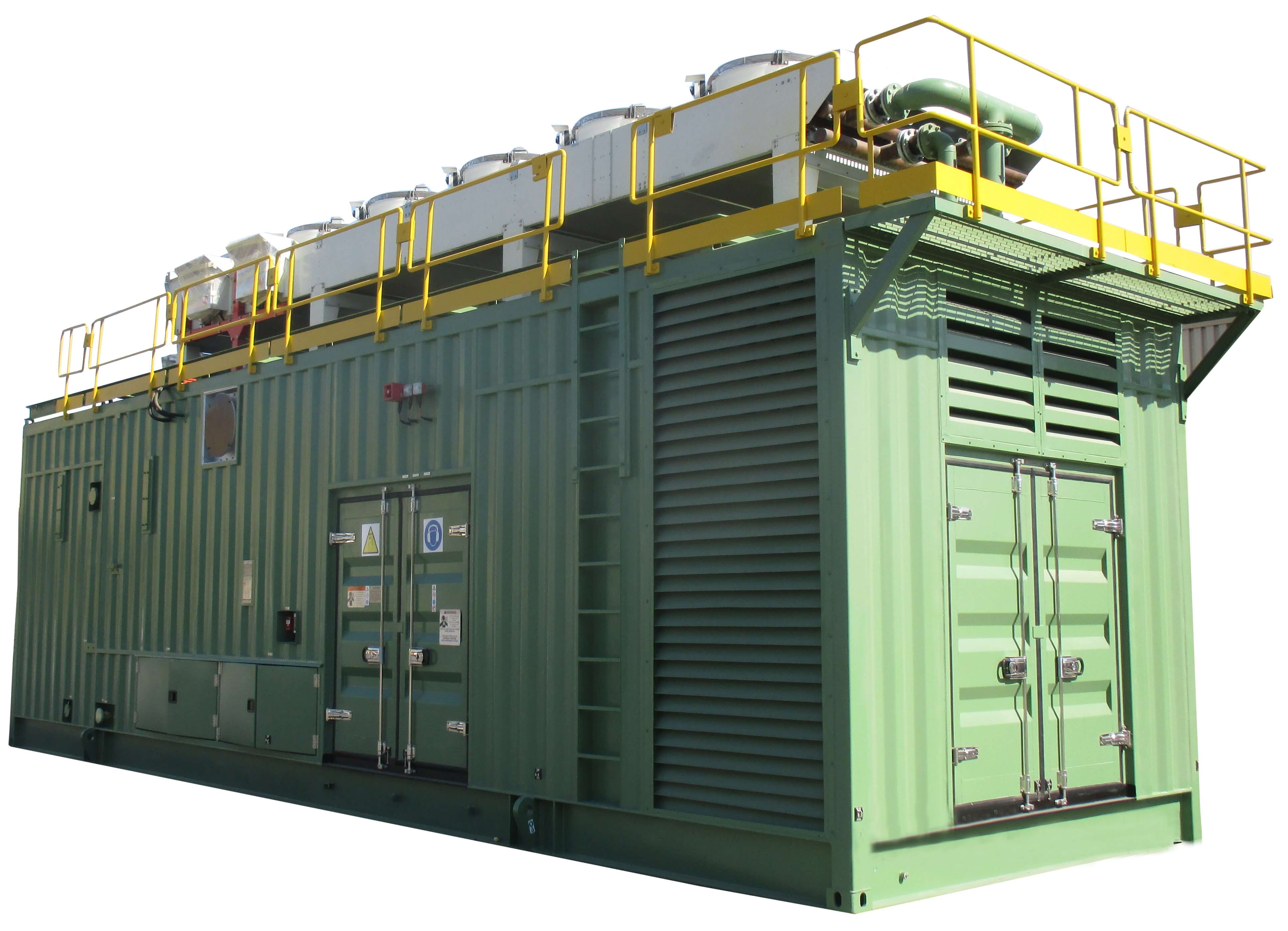Alright, let's talk about something that doesn't get enough airtime until the lights flicker: transformer containers. If you're an engineer, project manager, or someone responsible for keeping the power on here in Bahrain, you know these aren't just big metal boxes. They're the first line of defence for your most critical electrical equipment.
I've been in this game long enough to see what happens when this part of the project is an afterthought. The truth is, sourcing the right Transformer Containers Bahrain isn't about checking a box on a procurement list. It's about finding a partner who gets it. This isn't a sales pitch; it's the guide I wish I'd had when I started out.
Beyond the Box: What These Things Actually Do
Think about a Bahrain summer. Now, imagine that heat, plus a fine layer of corrosive sand and blistering humidity, attacking a million-dinar transformer. Not a pretty picture, is it?
That's the job of a transformer container. It's a climate-controlled, fortified vault. Its sole purpose is to give that sensitive equipment a fighting chance against our environment. Whether it's for a new power substation, an industrial plant, or a temporary site setup, getting this right is everything.
How the Good Ones Are Built (It's Not Just Welding)
I've toured plenty of workshops. You can tell the quality manufacturers in the first five minutes. It's the smell of fresh steel and the hum of CNC machines cutting with absolute precision. It's not a smash-and-gash operation.
The best shops here use 3D modelling to design the entire unit before a single piece of steel is cut. This avoids those nightmare on-site fitting problems. Robotic welders create seams that are stronger and more consistent than any human hand could manage. But for me, the real test is in the paint bay.
The corrosion protection is what separates a container that lasts five years from one that lasts twenty. The good guys will shot-blast the metal to a clean, white finish and then apply a multi-coat epoxy system specifically rated for our harsh coastal atmosphere. If they skip this step, walk away.
Cutting Through the Jargon: What Standards Actually Matter?
Suppliers will throw acronyms at you. Here’s what you actually need to listen for:
IP Rating: This is the seal against dust and water. In our world, you don't want anything less than IP54. IP55 is even better. Ask for it.
Corrosion Protection (ISO 12944): This isn't optional. This standard specifies the exact paint system for corrosive environments. Demand it.
Thermal Management: This is critical. How will it handle the heat? Proper louvres, fans, and sometimes even air conditioning aren't extras—they're essentials. A good manufacturer will calculate the heat load and design accordingly.
Structure: It has to be tough. It needs to handle the weight of the transformer and stand up to our occasional fierce winds.
The Local Advantage: Why Bahraini Manufacturing Makes Sense
I’ll be honest: you can import these from anywhere. But there's a huge advantage to working with a skilled Bahraini fabricator.
It boils down to conversation. You can sit down with their design team, have a coffee, and explain the specific challenges of your site. They get our climate because they live in it. They understand the logistics and the regulatory landscape. It’s a partnership, not a transaction. You want a manufacturer whose name you know, not a faceless foreign supplier.
The Future is Smart (And It's Already Here)
The next big thing is already happening. We're now installing containers with smart sensors that send alerts straight to your phone if something's wrong—a temperature spike, a door left ajar, humidity levels rising. This isn't sci-fi; it's practical tech that prevents costly downtime. It’s about moving from reactive fixes to predictive, smart maintenance.
Let's Answer Your Questions Straight
1. What are transformer containers?
They're heavy-duty, weatherproof enclosures built to protect transformers and switchgear from Bahrain's heat, dust, and salt.
2. Why not use a modified shipping container?
Would you use a family sedan for off-road desert racing? A modified shipping container is a compromise that risks your entire electrical investment. Purpose-built containers are engineered for the job from the ground up.
3. How do I know a local manufacturer is reputable?
Visit them. Ask for client references—and actually call them. Look at their finished products. A reputable shop will be proud to show you its work and its certifications.
4. What's the one thing everyone forgets to ask about?
Future expansion. Discuss with your manufacturer the design of a solution that can be easily modified or expanded upon later. It saves a fortune down the line.
5. Is local quality on par with international?
The leading local manufacturers use the same software, the same materials, and the same international standards as top global firms. The difference is their local knowledge and their ability to be responsive and flexible.
Let's Build Something Tough Together
Choosing who builds your transformer container is a big decision. It’s about trust. You need to know that the company behind it has the expertise, the kit, and the pride in their work to deliver something that won't let you down.
At Al-Bahar MCEM, this is all we do. We're not a giant corporation; we're a team of engineers and fabricators who are passionate about building the best possible enclosures right here in Bahrain. We eat, sleep, and breathe this stuff.

